"The Master of Rhetoric - Al-Jahiz
In the vibrant city of Basra, where the Tigris River flowed like a ribbon of silver through the heart of the desert, there lived a polymath whose words were as sharp as a scimitar and as captivating as a desert oasis. His name was Al-Jahiz, and his legacy would forever change the course of Arabic literature and rhetoric.
Born into a world where the winds of intellectual inquiry swept across the Arabian Peninsula, Al-Jahiz's early years were marked by a thirst for knowledge that knew no bounds. Raised in the bustling markets of Basra, he was exposed to a rich tapestry of ideas from a young age, drawn from the wisdom of ancient Greek philosophy, Islamic theology, and the literary traditions of the Arabic-speaking world.
From the dusty libraries of Basra's madrasas to the vibrant salons of Baghdad and Cairo, Al-Jahiz journeyed far and wide in search of literary enlightenment, guided by the belief that the pen was mightier than the sword. Along the way, he studied under some of the greatest scholars and poets of his time, immersing himself in the intricacies of rhetoric, poetry, and prose.
It was here, amidst the bustling streets and towering minarets of the Islamic world, that Al-Jahiz's intellect blossomed like a desert rose, unfolding layer by layer to reveal the dazzling beauty of his literary insights. Drawing upon the literary traditions of ancient Greece, Persia, and Arabia, he sought to synthesize the diverse strands of literary thought into a coherent and systematic framework.
Yet, Al-Jahiz's quest for literary enlightenment was not without its challenges. Living in a world where tribal rivalries and sectarian divisions often threatened to tear apart the fabric of society, he faced fierce opposition from conservative scholars who viewed his literary innovations with suspicion and mistrust.
Undeterred by their condemnation, Al-Jahiz continued to pursue his studies, guided by the belief that literature was the mirror of society and the voice of the people. In his magnum opus, ""Kitab al-Hayawan"" (The Book of Animals), he sought to explore the wonders of the natural world through the lens of storytelling, offering insights into the complexities of human nature and the beauty of creation.
As the years went by, Al-Jahiz's fame spread far and wide, drawing poets and writers from all corners of the globe to study under his tutelage. His essays, treatises, and literary works became indispensable tools for those who sought to unravel the mysteries of language and the human condition.
Yet, for all his brilliance, Al-Jahiz remained humble, ever mindful of the power of words to inspire and to deceive. His legacy, however, would endure long after his passing, a beacon of light amidst the darkness of ignorance, a testament to the enduring power of literature and rhetoric.
Influence and Legacy:
Al-Jahiz's works would go on to influence generations of poets, writers, and scholars, shaping the course of Arabic literature and rhetoric for centuries to come. His essays and treatises on language and literature laid the foundation for the development of Arabic prose and literary criticism, while his storytelling and narrative techniques inspired generations of writers and storytellers.
Yet, despite his monumental contributions, Al-Jahiz's name would often be overshadowed by those of later luminaries. It was not until the modern era that Western scholars would come to recognize the debt owed to this master of rhetoric, whose words had the power to captivate and inspire.
Today, as we ponder the complexities of language and the beauty of storytelling, let us remember the Master of Rhetoric whose legacy endures as a testament to the enduring power of literature and rhetoric.
Notable Works:
1. ""Kitab al-Hayawan"" (The Book of Animals) - A collection of essays exploring the wonders of the natural world through the lens of storytelling, offering insights into the complexities of human nature and the beauty of creation.
2. ""Al-Bayan wa al-Tabyin"" (The Book of Eloquence and Clarification) - A treatise on rhetoric and literary criticism, offering insights into the principles of effective communication and persuasive argumentation.
3. ""Kitab al-Bukhala"" (The Book of Misers) - A satirical work exploring the vices of greed and avarice, offering insights into the follies of human nature and the pitfalls of materialism.
Related Scholars:
Al-Jahiz's legacy resonated with later poets, writers, and scholars, including Ibn al-Muqaffa, Al-Mutanabbi, and Ibn Khaldun, who built upon his ideas and expanded the horizons of Arabic literature and rhetoric.
"





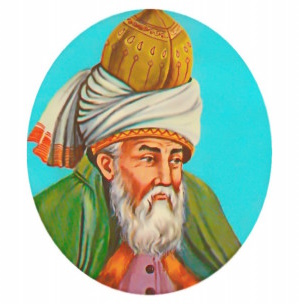






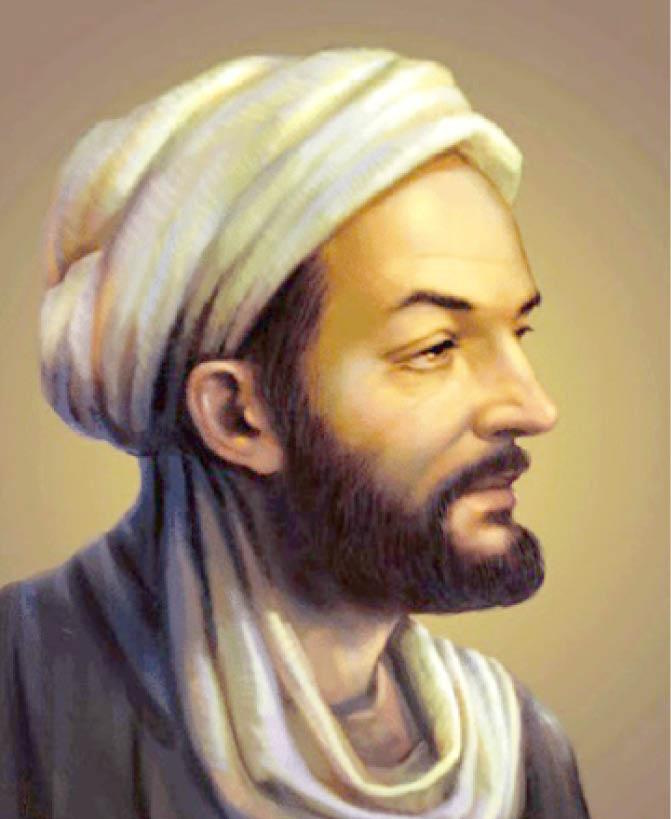



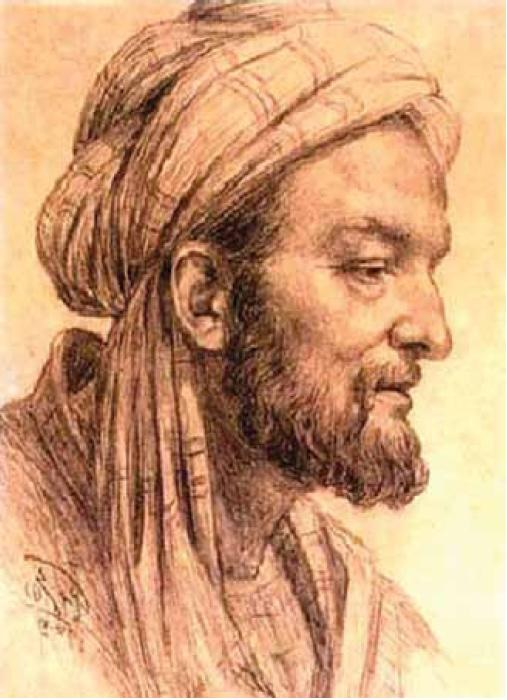



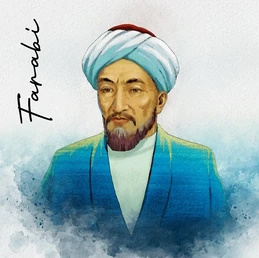





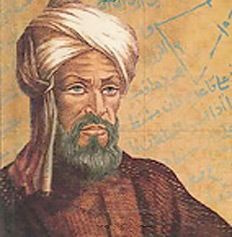


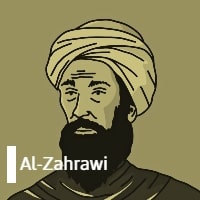

supprimer les commentaires
Etes-vous sûr que vous voulez supprimer ce commentaire ?
Aisha Rahman
supprimer les commentaires
Etes-vous sûr que vous voulez supprimer ce commentaire ?
Afroza Ahmed
supprimer les commentaires
Etes-vous sûr que vous voulez supprimer ce commentaire ?